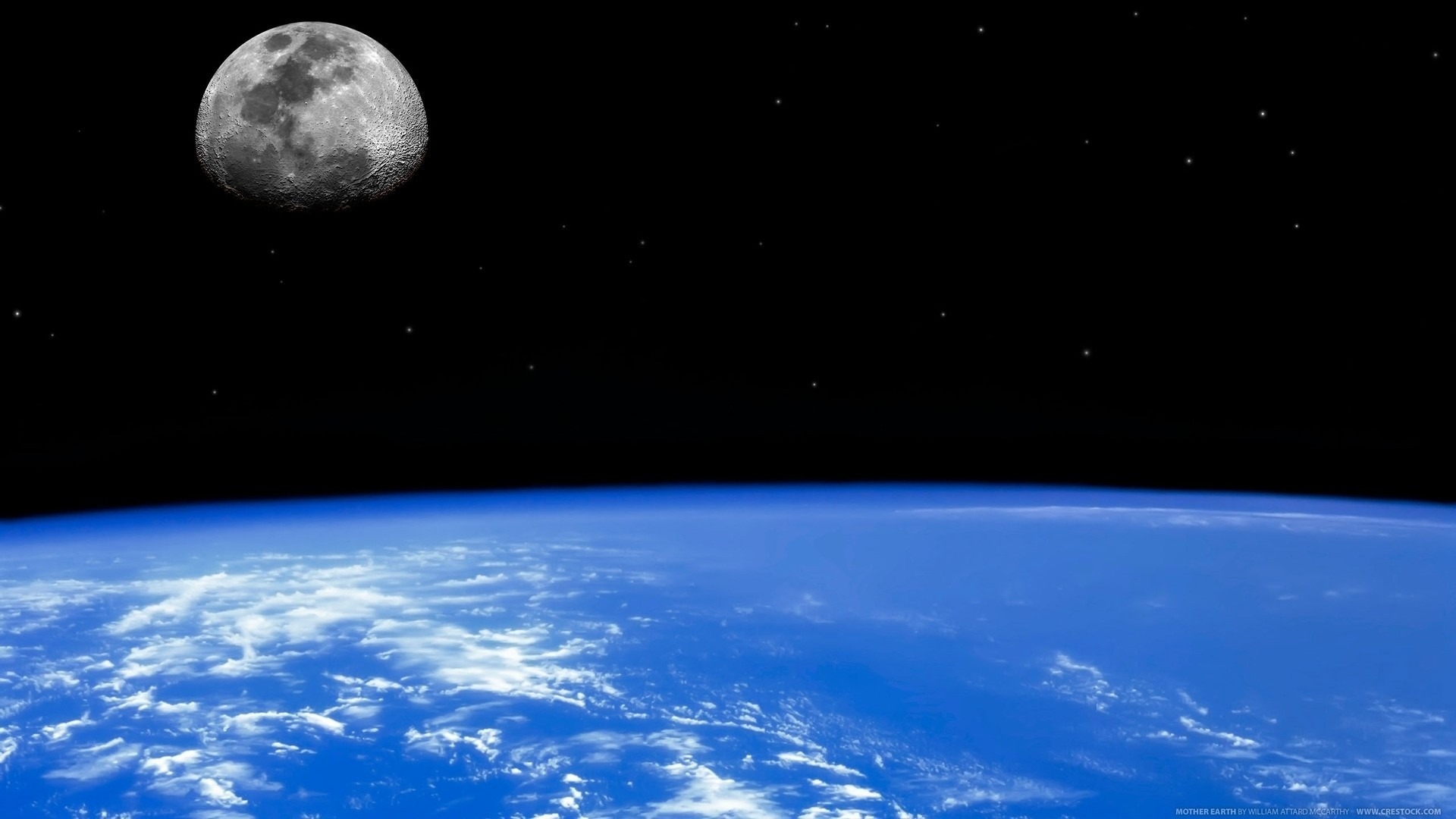Actually, the space vacuum has no effect on the earth’s atmosphere at all. For example, we pump out all the air from a vessel and thereby create a vacuum inside it. Suppose that a vessel is on the surface of the Earth, at sea level. What will happen if the vessel is depressurized?
We can assume that the air rushes into it and eventually completely fills the vessel. But why would this happen? Does the vacuum play a significant role?
Read also:
- How Do We Know that Earth is 4,540,000,000 Years Old?
- Where Did The Milky Way Images Come From If We Are Inside It?
- How Is It Possible That The Universe Extends To 93 Billion Light-Years If It Is Only 13.8 Billion Years Old?
- Is It Possible To Pick Up A Meteorite That Has Just Fallen?
No, this happens because the air around the box is under pressure and fills the airless space under its influence. Then the questions arise, where does the pressure come from and why does it in no way contribute to filling the cosmic vacuum?

Most of our atmosphere (about 78%) is nitrogen. At 25°C, the nitrogen molecule has an average velocity of the order of 511 m/s.
Imagine that a nitrogen molecule bounced off the surface of the Earth, continuing to move into space.
Most likely, it will touch another molecule and its trajectory will change, but if this does not happen, what will happen next?
According to Newton’s first law, any object remains at rest or moves uniformly in a straight line, if it is not affected by external forces.
The initial velocity of the nitrogen molecule is 511 m/s, and the acceleration is 9.8 m/s². This will allow the particle to reach a height of more than 13,300 m, after which the speed will be equal to zero and it will begin to fall.
Then at what speed should the molecule move to leave the planet?
There is a concept of runaway speed, according to which a particle of nitrogen requires a speed of more than 11,000 m/s to travel into outer space. But the essential reason preventing it from reaching such a speed is pressure.
The lower the height is, the higher the air pressure is. As the height above the surface increases, air pressure decreases up to the upper boundaries of the atmosphere, where it is practically zero.
But this does not mean that gravity ceases to act there. Gravity is the primary reason why the atmosphere is preserved on our planet. Due to gravity, the atmosphere is attracted, compressed, and air pressure arises.
Some particles, under a certain set of circumstances, can gain the necessary speed to go into outer space.
In addition, it was about nitrogen, but this is not the only component of our atmosphere. From the law of an ideal gas, one can find the dependence: less massive molecules than nitrogen particles have a higher average speed.
So, hydrogen molecules have an average speed of 1930 m/s. This is far from runaway speed, but at the same time increases the chances of hydrogen on a tour of outer space.
Over 95,000 tons of hydrogen annually escape from our atmosphere. In general, there is no cause for concern, because this is only 170 trillionths of a percent of our reserves.
But, if there was a mechanism for disabling gravity, then the atmosphere simply pushed off from the Earth and rushed into outer space.








